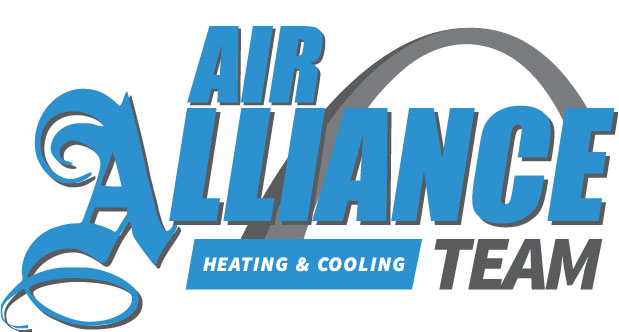
We spend lots of time indoors. As a matter of fact, the Environmental Protection Agency (EPA) has determined being indoors accounts for 90% of our schedule. However, the EPA also has found your indoor air can be three to five times worse than outside your home.
That’s due to the fact our homes are tightly sealed to enhance energy efficiency. While this is fantastic for your heating and cooling costs, it’s not so good if you’re amid the 40% of the population with respiratory allergies.
When outdoors ventilation is insufficient, pollutants such as dust and volatile organic compounds (VOCs) might get trapped. As a consequence, these pollutants may irritate your allergies.
You can boost your indoor air quality with crisp air and usual housework and vacuuming. But if you’re still having issues with symptoms when you’re at home, an air purifier might be able to provide relief.
While it can’t get rid of pollutants that have settled on your furniture or carpeting, it can help purify the air moving throughout your home.
And air purification has also been scientifically verified to help lessen some allergic symptoms, according to the American College of Allergy, Asthma and Immunology. It may also be helpful if you or someone in your household has lung trouble, including emphysema or COPD.
There are two options, a portable air purifier or a whole-home air purifier. We’ll discuss the differences so you can figure out what’s appropriate for your home.
Whole-House Air Purifier vs. Portable Air Purifiers
A portable air purifier is for a lone room. A whole-house air purifier accompanies your home comfort unit to treat your full house. Some kinds can clean independent when your heating and cooling unit isn’t on.
What’s the Best Air Purifier for Allergies?
Seek a model with a High Efficiency Particulate Air (HEPA) filter. HEPA filters are placed in hospitals and offer the best filtration you can buy, as they catch 99.97% of particles in the air.
HEPA filters are even more useful when used with an ultraviolet (UV) germicidal light. This mighty combination can destroy dust, dander, pollen and mold, all of which are common allergens. For the greatest in air purification, think over a system that also has a carbon-based filter to reduce household odors.
Avoid getting an air purifier that creates ozone, which is the top element in smog. The EPA warns ozone may aggravate respiratory troubles, even when emitted at small settings.
The Allergy and Asthma Foundation of America has created a checklist of questions to ask when getting an air purifier.
- What can this purifier take out from the air? What doesn’t it take out?
- What’s its clean air delivery rate? (A better figure means air will be purified faster.)
- How frequently does the filter or UV bulb need to be changed]? Can I complete that without help?
- How much do replacement filters or bulbs cost?
How to Reduce Seasonal Allergy Symptoms
Want to get the {top|most excellent|best] performance from your new air purification equipment? The Mayo Clinic suggests completing other steps to reduce your exposure to problems that can cause seasonal allergies.
- Stay in your home and keep windows and doors closed when pollen counts are high.
- Have someone else cut the lawn or pull weeds, since these jobs can worsen symptoms. If you must do this work yourself, consider wearing a pollen mask. You should also shower right away and put on clean clothes once you’re done.
- Avoid hanging laundry outside.
- Turn on the AC while at home or while driving. Consider installing a high efficiency air filter in your house’s HVAC equipment.
- Even out your residence’s humidity percentage with a whole-house dehumidifier.
- Hardwood, tile or linoleum are the ideal flooring materials for lowering indoor allergens. If your home has carpet, install a HEPA filter on your vacuum cleaner.
Let Our Pros Take Care of Your Indoor Air Quality Needs
Prepared to progress with getting a whole-house air purifier? Give our experts a call at 636-206-4584 or contact us online to request an appointment. We’ll help you find the best unit for your house and budget.
